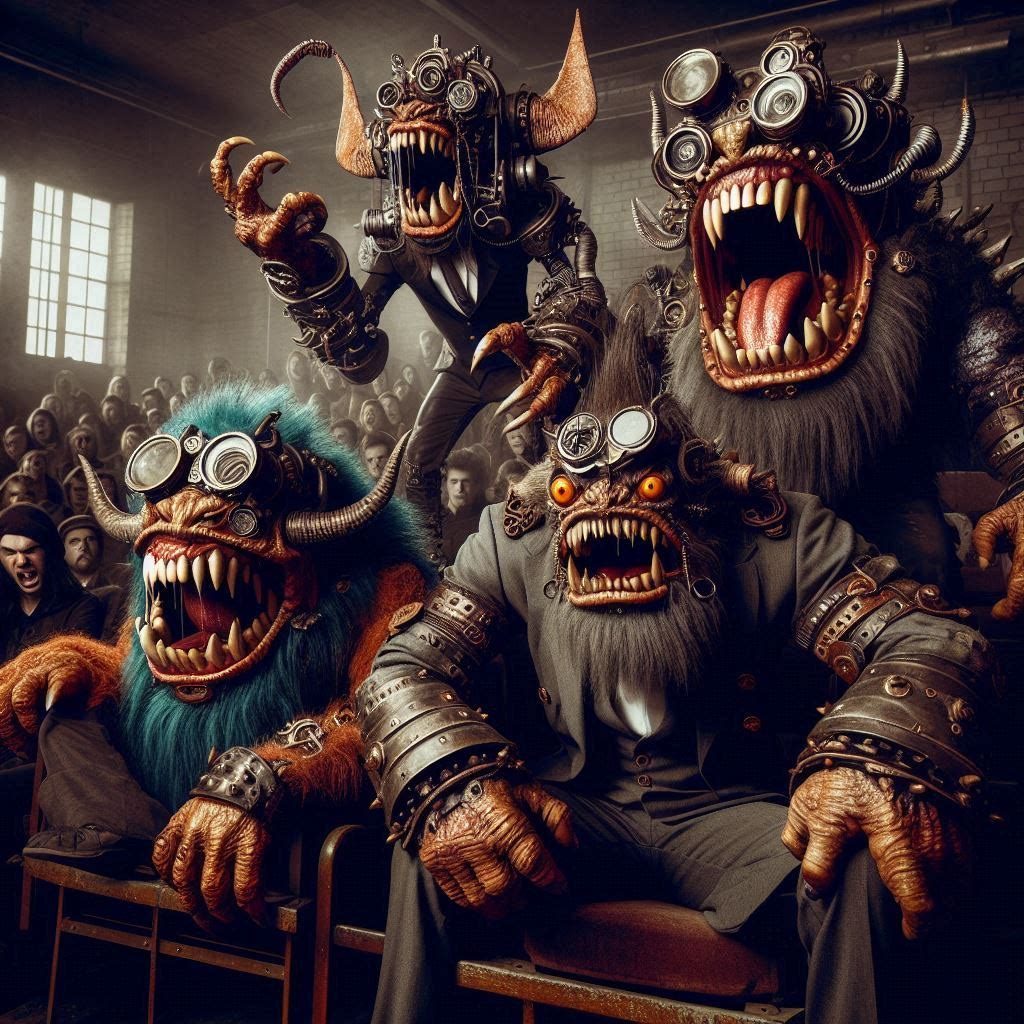Is Booing an Acceptable Trait in Sports or Are You Just Letting Yourself Down?
In the realm of sports, emotions often run high & dumb things can happen. Fans cheer, celebrate, and sometimes, they do dumb things & even boo. Is booing now an acceptable behavior in sports, or does it reflect poorly on those who engage in it?

The Case for Booing
—————————
Expression of Discontent
Booing can be a way for fans to voice their dissatisfaction with a team’s performance, a referee’s decision, or an opponent’s behavior. It’s a vocal method to indicate that something isn’t right.
Enhancing the Atmosphere
In many sports, booing is part of the game-day experience. It adds to the atmosphere and can even be seen as a form of passionate support for one’s team.
Psychological Strategy
Some argue that booing can serve as a psychological tactic to unsettle opponents. By creating a hostile environment, fans hope to give their team a competitive edge.

The Case Against Booing
———————————-
Sportsmanship
Booing can be seen as unsportsmanlike behavior. It goes against the principles of fair play and respect that are fundamental to sports.
Impact on Players
Athletes are human too, and constant booing can affect their mental health and performance. It can be demoralizing and create a negative environment.
Reflects Poorly on Fans
Booing can reflect poorly on the fans themselves. The idea can be seen as a lack of class and respect, not just towards the players, but towards the sport as a whole.
What is Booing Teaching Young Fans, Especially if You Are a Parent?
As parents and role models, our behavior at sporting events can significantly influence young fans. Booing, while a common expression of discontent, can send mixed messages to impressionable minds.
Modeling Behavior
Children often mimic the actions of adults. If they see their parents or other adults booing, they may come to believe that this behavior is acceptable and even encouraged. This can lead to a lack of respect for players, officials, and the game itself.
Understanding Sportsmanship
Booing can undermine the values of sportsmanship and fair play. Teaching children to respect all participants, regardless of the outcome, is crucial in fostering a positive sporting culture.
Emotional Regulation
Booing can be a way to vent frustration, but it doesn’t teach young fans how to manage their emotions constructively. Encouraging positive expressions of support, even in the face of disappointment, can help children develop better emotional regulation skills.
Impact on Others
It’s important for young fans to understand the impact their actions can have on others. Booing can be hurtful and demoralizing to players and officials. Teaching empathy and consideration for others’ feelings is a valuable lesson that extends beyond sports.

Is It Okay to Boo at Kids’ Sports?
——————————
Kids’ Sport Eticate
When it comes to children’s sports, the question of whether it’s acceptable to boo becomes even more critical. The environment in which young athletes play can significantly impact their development, both as players and individuals.
Setting the Right Example
Booing at kids’ sports can set a negative example for young athletes. It can teach them that it’s acceptable to express frustration or disappointment in a disrespectful manner. Instead, parents and spectators should model positive behavior, such as cheering and encouraging all players.
Building Confidence
Children are still developing their skills and confidence. Booing can be particularly damaging to their self-esteem and enjoyment of the game. Positive reinforcement and constructive feedback are essential in helping young athletes grow and thrive.
Fostering a Positive Environment
The primary goal of kids’ sports is to have fun, learn new skills, and develop teamwork. Booing can create a hostile and negative atmosphere that detracts from these objectives. Encouraging a supportive and inclusive environment helps children develop a love for the game and a sense of camaraderie.
Teaching Respect
Booing can undermine the values of respect and sportsmanship that are fundamental to youth sports. Teaching children to respect their opponents, officials, and teammates is crucial in fostering a positive sporting culture.
Finding a Balance
While booing is a common occurrence in sports, it’s essential to find a balance. Fans have the right to express their emotions, but it’s crucial to do so in a way that maintains the integrity of the sport and respects all participants.
Conclusion
In conclusion, whether booing is acceptable or not is subjective. It depends on the context, the intent behind it, and the way it’s perceived by others. As fans, it’s important to remember that our actions reflect not only on ourselves but also on the teams and sports we love. So next time you’re at a game, think twice before you boo. Are you expressing genuine discontent, or are you just letting yourself down?
Join the Discussion
Do you think booing is an acceptable part of sports, or does it reflect poorly on fans? Have you ever experienced or witnessed booing at a game, and how did it make you feel?
Let’s have a respectful and engaging conversation about the role of booing in sports and how we can create a positive environment for all athletes and fans.
#Sportsmanship #RespectInSports #PositiveFans #YouthSports #FairPlay #SupportTheTeam #CheerNotBoo #RoleModels #ParentingInSports #SportsEtiquette #FanBehavior #PositiveEnvironment #KidsSports #SportsCulture #BooingInSports #AthleteSupport #SportsmanshipMatters #RespectTheGame #PositiveCheering #SportsFans #SportsParenting #YouthAthletes #SportsCommunity #RespectfulFans #SportsValues #EncourageNotBoo #SportsEthics #FanConduct #SportsDiscussion #SportsDebate




Pingback: Happy New Year 2025 From Crickky.com - Crickky